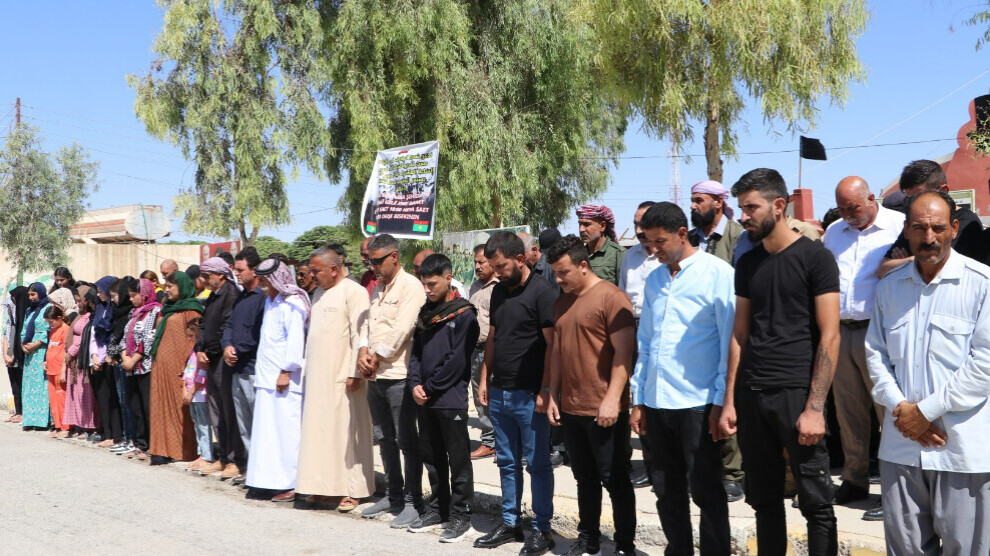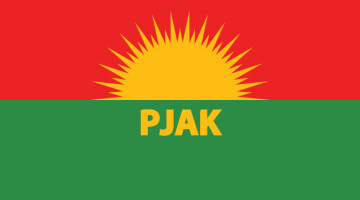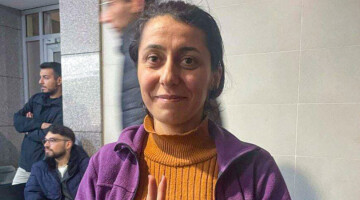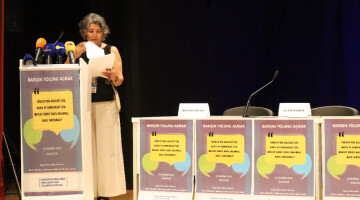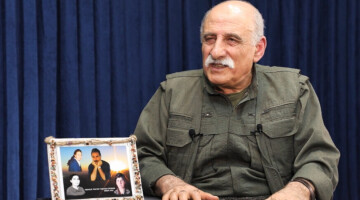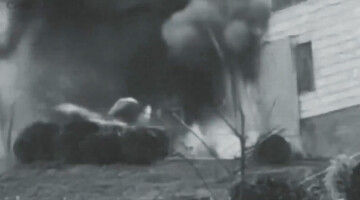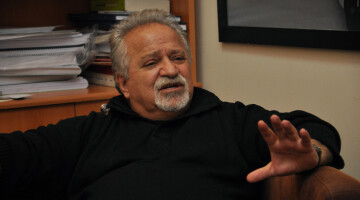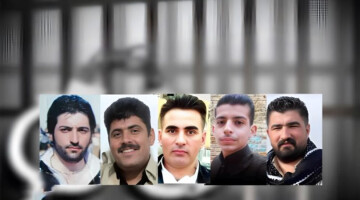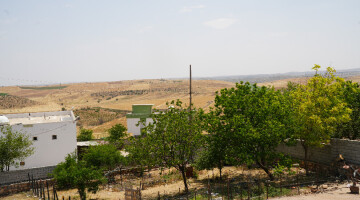In the Shengal (Sinjar) region in the northwest of Iraq, the victims of the genocide committed by ISIS against the Yazidi community nine years ago were commemorated. At ten o'clock local time, life was brought to a standstill for five minutes in all localities. Traffic stopped, people interrupted their daily activities. In Xanesor, Sinûnê and the city of Shengal, commemoration ceremonies were held, organised by institutions of self-government. In the villages of the region, people also remembered their dead and missing.
Yusif Cuan Heci from Xanesor said they stopped life for those killed in the 2014 ferman. Ferman is the term the Yazidis use to refer to the massacres and extermination operations in their history. While in Ottoman usage the term stands for a decree of the Sultan, in the Yazidi community the word took on the denotation of persecutions and pogroms. The genocide and femicide that began with the rout of the KDP peshmerga and the ISIS invasion of Shengal on 3 August was the 74th ferman in Yazidi history. "We faced a ferman and a massacre was carried out. This day must not be forgotten, and we must commemorate those who died. The ferman was directed against all of us. We will never forget who came to our aid that day and who betrayed us,” said Yezidi Heci.
Xalid Şengalî, member of the People's Council of Xanesor, pointed out at the commemoration that not all bodies buried in mass graves have been exhumed and identified yet: "The bones of our martyrs are still lying in mass graves. Many of these mass graves are still untouched. We demand that they be opened."
Yezidi cleric Feqir Şivan said, "Today is a black day for us and we remember all the fallen of Êzdîxan (Yazidi land). All Yazidis must come together today. On 3 August 2014, our homeland was destroyed. But no ferman has been able to destroy the Yazidis."
The Yazidis are believed to have been the victims of at least 73 waves of persecution since the twelfth century. The most recent was on 3 August 2014, when the self-proclaimed ISIS invaded Shengal with the determined intention of wiping out the Yazidi culture. Tens of thousands of Yazidis had no choice but to flee into the mountains. But not all of them managed to do so in time. The jihadists committed mass murders of men, abducted women and children to rape them, enslave them or recruit them as child soldiers. It is estimated that more than 10,000 people fell victim to these massacres. More than 400,000 people were displaced from their homes. Over 7,000 women and children were abducted, and over 2,500 of them are still missing today. Therefore, this genocide in its form also represents a femicide.
When the ISIS attack began, a nine-member PKK guerrilla group defended the people that had fled to Mount Shengal. With the support of other HPG and YJA Star battalions as well as YPG and YPJ fighters, an escape corridor to Rojava was cleared and hundreds of thousands of people were saved.

